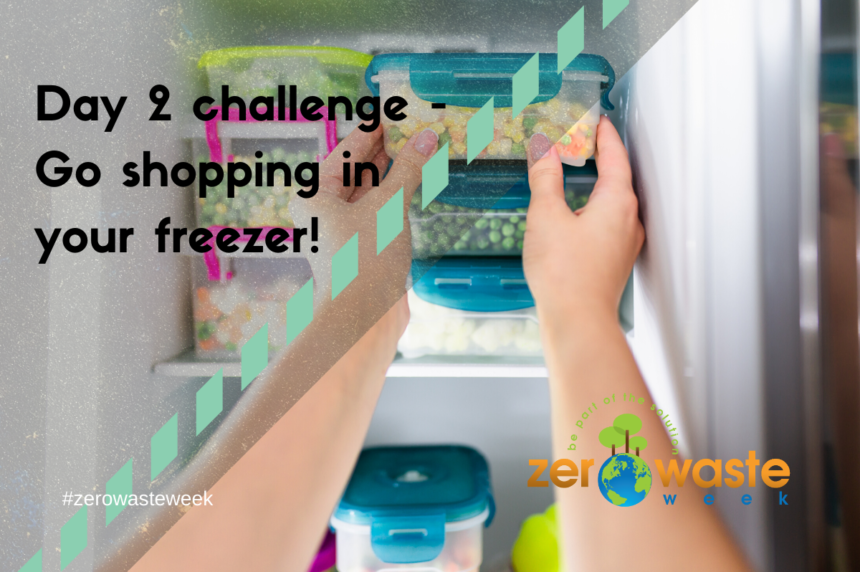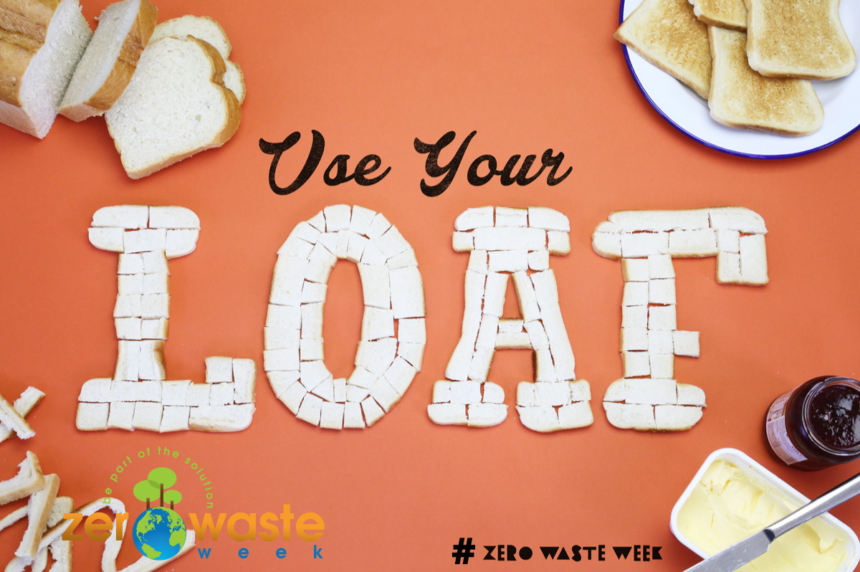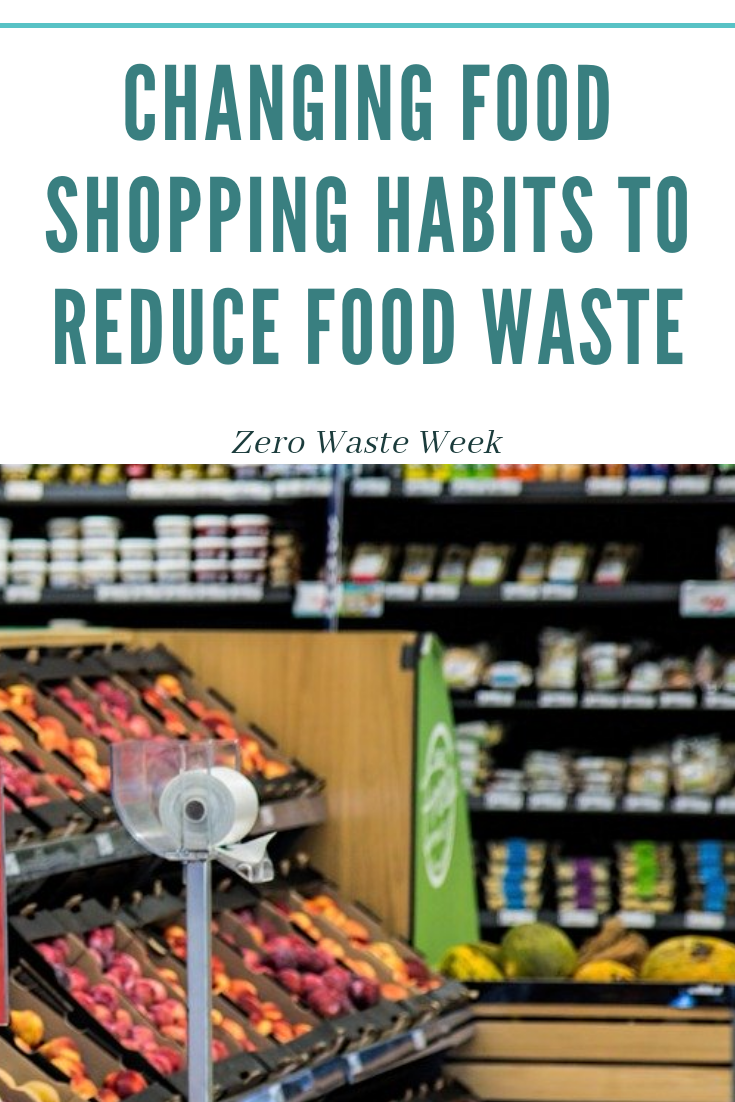One of the key principles of Zero Waste Week is reduce; this doesn’t just apply to plastics but also to food. Of course, no-one should ever go hungry; positive habits are not built from depriving yourself or others. However, changing food shopping habits do have an impact of how much food we waste; so today we are going to look at some ways to reduce our food waste by considering what we bring into, and already have, in the home.

The Key To Improving Food Shopping Habits: Avoid Overbuying
Possibly the most obvious piece of advice anyone can offer is don’t overbuy. It sounds obvious, but we all do it. If we take a look at our current food shopping habits, often we do not actually know what is needed, or grab extra things when we shop for particular items, and therefore end up overbuying. I know I am often guilty of doing this with certain items that I forget to check!
By keeping stock of what we have in some way, we can avoid spending more money than we need to, and throw away less food. So how do we do this, and therefore change our food shopping habits for the better? Here are some tips to avoid overbuying…
Plan Meals Accordingly
Many in the Zero Waste community swear by meal plans; whilst I don’t use one myself, I can see why. By planning out meals for the week, the household has a good grasp of what’s needed (and what isn’t), which means shopping can be done more mindfully with a precise grasp of exactly what is needed.
Organise Items for Easy Stock Checks
By having cupboards, bags or shelves specifically housing certain common items; it becomes much simpler to get a gauge of when replacements are actually needed and step away from the approach of getting more just in case.
Keep an Itinerary To Improve Food Shopping Habits
Honestly, not for everyone. A lot of time and effort goes into this approach and it can be difficult to keep up-to-date; however, this approach is incredibly efficient and helpful for those who are super organised and keen to maximise efficiency.
Change Your Food Shopping Habits By Raiding the Freezer
Before doing a shop, one thing you can do is head the freezer! More households than not will find hidden gems to be found in the freezer that can be turned into a meal or two. It’s always worth diving in and seeing whether there is anything there that can be used up before your next shop. Especially those items that, if not used soon, might no longer be food.
As always, do what works for you; some households might have considerations that make some options unviable for certain members. But heading to your freezer before going to the store is a great way to save time and money whilst reducing food waste!

Today’s challenge is to go shopping in your freezer! What meals can you prepare from what you already have?
Avoid Gimmicks and Impulse Buys
Treats are great. But avoid falling into the trap of buying an item just because it is on offer; this is nothing more than succumbing to marketing, unless you were going to buy the item anyway. Whilst it can be beneficial to look for deals to save money on things you actually need, try to avoid buying too many ‘extras’ just because of a discount.
Ask yourself whether this is likely to get eaten, or stop something else being finished. In short, buy because it is wanted or needed; not because it is there to buy.
Buying Loose Helps Change Our Food Shopping Habits
Excess is often confused with better value for money. But if you buy more carrots than you need, you haven’t got more for your money; you’re throwing money and produce away.
If you buy loose, you get exactly what you need and much less goes to waste. In general, it is a better idea to buy fresh in smaller quantities.
Don’t Shop Hungry
Whether in store, or online; you’re increasingly likely to buy more than you need if you shop when hungry. Psychologists have found we spend more on food when hunger pangs kick in, so better to save some money and the environment by keeping a full stomach when adding to the trolley.
And One Final Tip For Improving Your Food Shopping Habits…
Use Your Loaf!

LOAF stands for:
• L is for locally sourced ingredients – this cuts down on food miles and
also means that you are going seasonal too.
• O is for Organic– buying organic when you can helps to support good farming practices.
• A is for Avoiding intensive farming – if you can’t go local and or organic, then avoid factory farming and support farms who are caring for the environment and farming in sustainable ways.
• F is for Fairtrade – for those items that you can’t source locally ever as they just don’t grow in your climate.
Read more on Zero Waste Week’s blog post here. And don’t forget to check back tomorrow for more tips on reducing food waste!


Enjoyed your honesty and practical tips.
Use your LOAF ! it makes so much sense to the environment and us